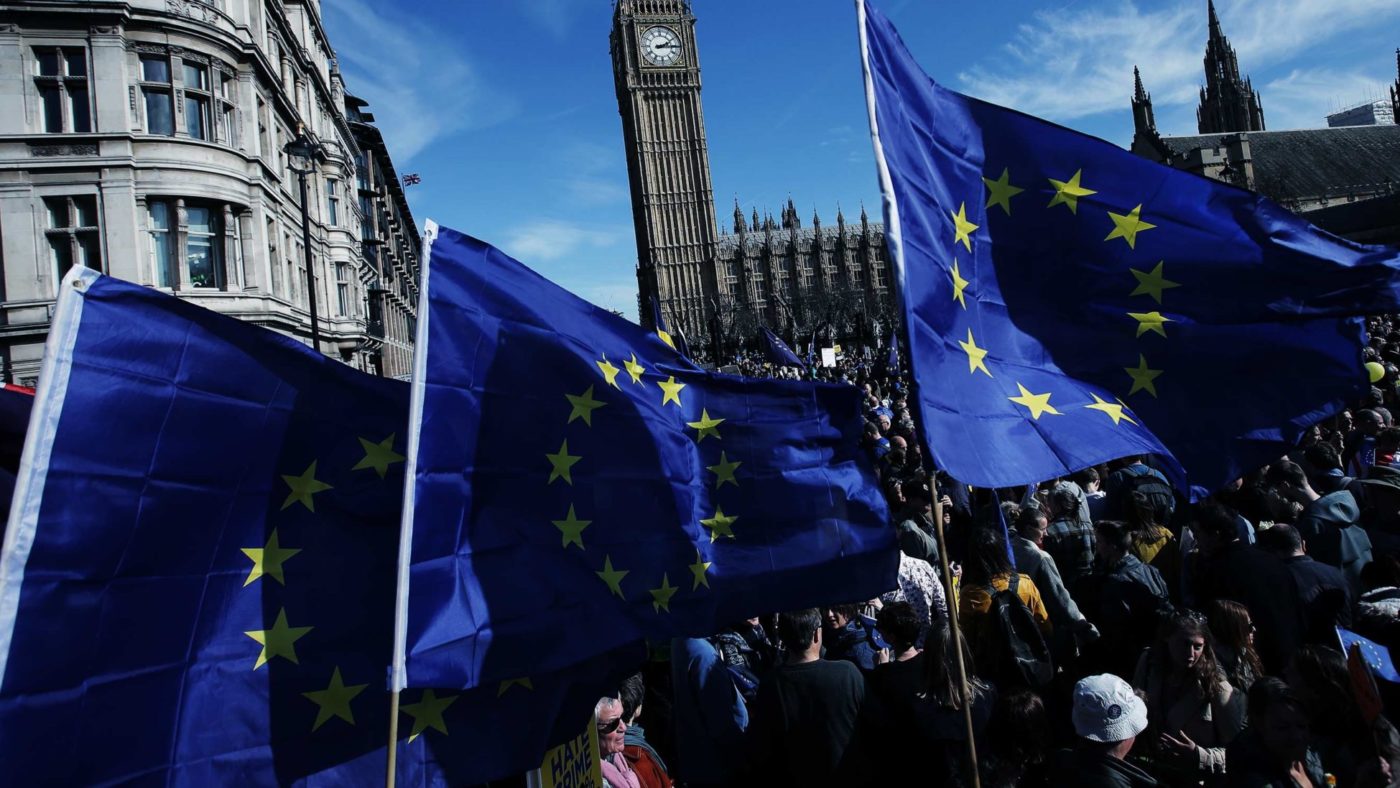“One million students call for vote on Brexit deal,” reported The Observer on Sunday, in response to the news that a group of NUS representatives had thrown their weight behind calls for a second referendum.
It is the headline writer’s prerogative to employ a little linguistic sleight of hand from time to time, but even so, this amounts to a logical leap of epic proportions.
“When over 120 elected student officers, representing nearly a million young people, call for something with one clear voice, they need to be listened to”, added NUS Deputy President Amatey Doku, with the archetypal pomposity of the student politician.
But exactly how “clear” is this voice? Delve deeper and we find that, far from representing the views of “a million young people”, the NUS open letter actually reflects the opinion of a small group of officials, who appear to have released their statement without consulting their student electorate first.
This wouldn’t be the first time the NUS has prioritised political interests over addressing the concerns of students. Recent years have seen motions to ban prisons and boycott Coca Cola. Then there’s the internal hostility towards conservative students, the periodic anti-Semitism rows, the timeless obsession with Palestine. The NUS has even led the charge against cheap booze — one of the few things most students can agree on — by backing minimum alcohol pricing in 2009.
“So why should we be concerned by the latest NUS grandstanding?” I hear you cry.
“Student activists don’t like Brexit” may be the epitome of a “dog bites man” story. But it speaks to a much wider problem with the way in which the views of young people are assumed and appropriated by self-serving parties and groups. It is notable precisely because it is such a common occurrence – and not just within student politics.
Yes, young people were more likely to vote Remain. As is often pointed out, a majority of Brits under the age of 45 voted Remain. In the the 18 to 24 year-old age bracket, 73 per cent voted Remain.
But what about the much-overlooked 27 per cent of young people who voted Leave? They must be one of the least talked-about political groups in Britain today. Are they part of the “NUS Million”? Putting that cohort to one side, it doesn’t follow that having voted Remain in 2016 means you automatically favour a second referendum in 2018.
Here, the NUS presumes to speak for each and every student who happens to attend one of the the 600 universities whose students they represent — quite a bold claim for a body whose elections rarely attract more than a 20 per cent turnout. ]
Ironically, some of those who have taken the NUS view as representative of all students would quite happily declare the Brexit vote illegitimate on the basis of a much higher turnout, using the eccentric A.C. Grayling-inspired logic that 37 per cent of eligible voters does not constitute a majority.
Consider the fact that during the EU referendum, around 75 per cent of MPs across the UK backed Remain, compared to 48 per cent of the voting public. If every British citizen could be said to be “represented” by their MP on Brexit then we would have opted to remain in the European Union with a greater vote share than has been seen at any party at a general election in the last 200 years.
In claiming to speak for all students, NUS officials are taking this bizarre logic and applying it to their own elections.
We’re all capable of exaggeration from time to time, but the NUS’s claim to represent the views on Brexit of “one million young people” is completely delusional.


